The story of the first Soviet Robinson by Pavel Vavilov
Categories: History
By Pictolic https://pictolic.com/article/the-story-of-the-first-soviet-robinson-by-pavel-vavilov.htmlThere are many stories when a person found himself on a desert island after a shipwreck or by someone else's will. But the case that happened to the Soviet sailor Pavel Vavilov can be considered special. This man was not on a tropical island, but on a rocky piece of land in the Kara Sea – one of the most severe on the planet.

Pavel Vavilov served as a simple stoker on the icebreaker Alexander Sibiryakov. At the beginning of the Great Patriotic War, the old, but still strong ship was equipped with several artillery pieces and began to be used to supply food to Soviet weather stations in the northern seas.
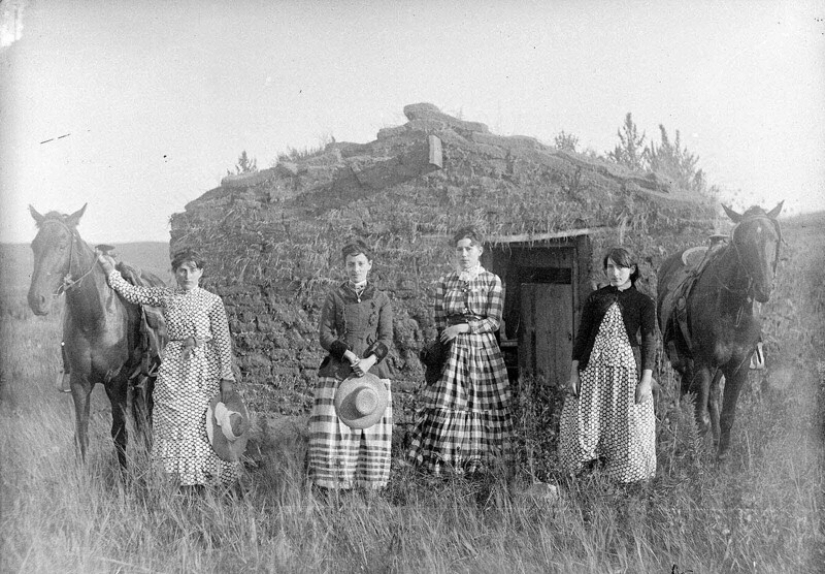
On August 24, 1942, the icebreaker "Sibiryakov" took its first and last battle. In the Kara Sea, the German cruiser Admiral Scheer approached the Soviet ship under the American flag. The Germans scoured the area for nautical charts that could show the routes of northern convoys bringing equipment, weapons, and food from the West.
Approaching the Sibiryakov under the guise of allies, the Germans changed the flag to their own and demanded the surrender of the ship. The Soviet sailors refused and opened fire on the German cruiser. The forces were not equal, so the battle did not last long – the Germans fired a salvo from the main 280-mm caliber and immediately sent a boarding team to the ship, which received serious damage.
But the icebreaker "Sibiryakov" was not going to give up and the sailors opened the kingstons to sink the ship, as the heroes from the cruiser "Varyag"once did. The sailors launched a dinghy, but the Germans fired on it almost immediately and captured the 18 crew members who were still alive in the boat. But it wasn't all personnel.
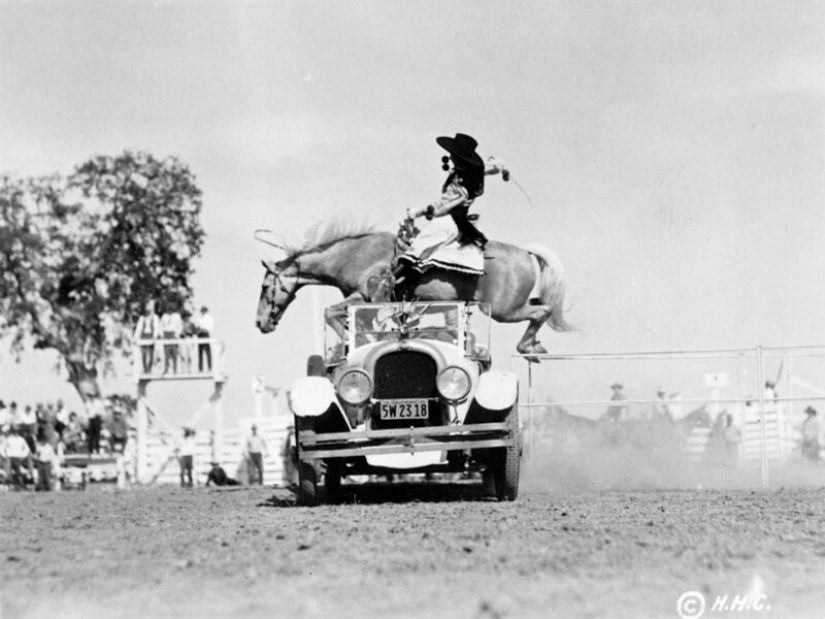
The stoker Pavel Vavilov and several comrades did not get into the boat and remained on the sinking icebreaker. When the ship went down, the sailors were in the water and they were pulled into a huge funnel. Only Pavel managed to swim out of it, who was able to grab hold of a plank. The sailor was very lucky-there was a lifeboat from the Sibiryakov nearby, in which he managed to climb.
In the boat lay the body of a sailor shot by the Nazis, from whom Vavilov took off his dry clothes. After changing his clothes, the exhausted Pavel lay down on the bottom of the boat and fell asleep. When he opened his eyes, there was a desolate sea all around. The Admiral Scheer was already out of sight, and the sailor realized that he had escaped capture.
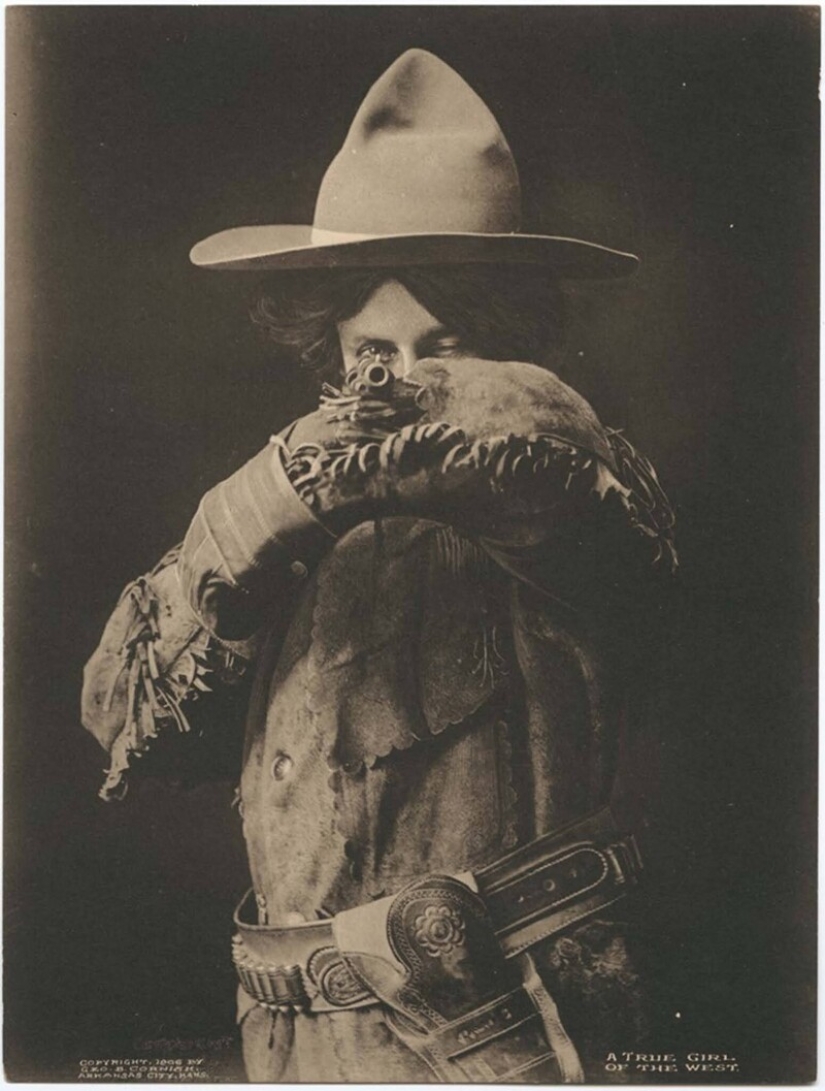
After searching the boat, Vavilov found a barrel of water, a box of biscuits, matches, a bag of bran, some warm clothes, a sleeping bag, a revolver with a pack of cartridges and two axes. For some time the sailor drifted on the waves, not knowing where to go, but soon land appeared in the distance. It was the island of Belukha-a rock, 1 kilometer long, devoid of any vegetation. It is difficult to imagine a less successful place to live, but Pavel had no choice and he moored to the island.
There were no people on Belukha, but there was an abandoned lighthouse. It turned out to be very useful, because as soon as Pavel unloaded the boat, he found unpleasant neighbors – a family of polar bears. The sailor had to escape from them at the lighthouse, which became Vavilov's home and fortress.
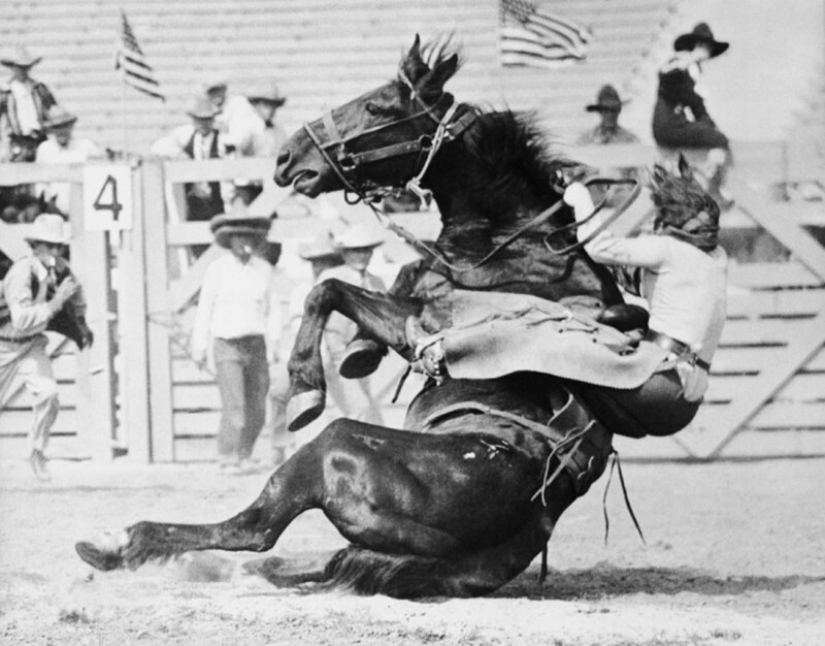
From the warm clothes found in the boat, the polar robinson made a bed for himself in one of the rooms of the tower, which was less blown by the cold winds than others. Vavilov understood that the main danger for him was not polar bears, but hunger and cold. It was only a few days before the onset of severe cold weather, and the clothes that Pavel happened to have were not very suitable for wintering.
The food was also melting away. The sailor was making a stew of biscuits, trying to stretch the food as long as possible. To light a fire, Pavel had to go out of the lighthouse and search along the surf line for firewood thrown up by the sea. He could not go far from the building because of the predators – after the first skirmish, it turned out that the revolver against the polar bear was practically useless and Vavilov barely escaped from the enraged beast.
The only chance to escape for a sailor in distress were Soviet ships, sometimes passing by Belukha. Pavel, seeing the ship, shouted, waved his arms and shot into the air, but he was not noticed. As the days passed, the unwitting hermit's stew grew thinner, and the nights grew colder. Firewood on the shore almost did not come across and they also had to be strictly saved.
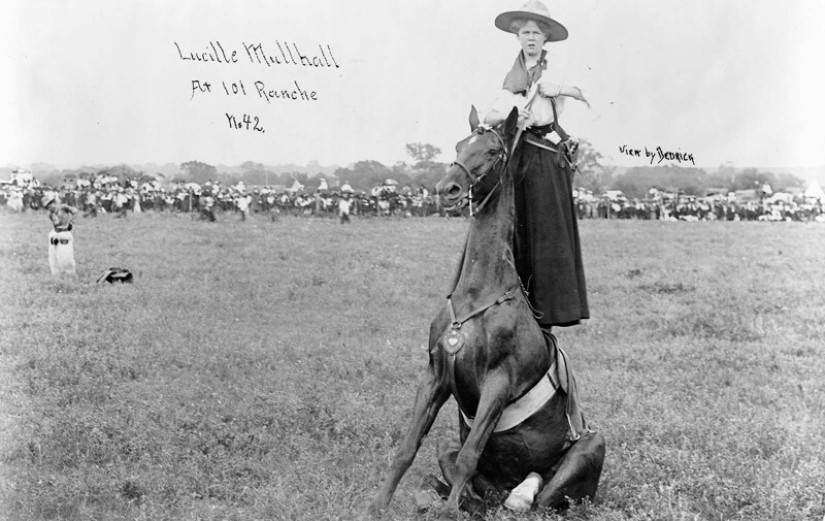
After a month of polar robinsonade, Pavel was lucky – he was spotted from the passing steamer "Sacco". On this day, Vavilov made a signal fire from the last wood and realized that if he failed, he could die in the next few days. A boat was lowered from the Sacco, but it could not dock to the shore because of the large waves and turned back. Paul's desperation is hard to describe, but he had hope.
The next morning, a seaplane appeared over Belukha, but it could not land due to the storm. A bale of clothes, cigarettes and food was dropped from the aircraft to the sailor. There was also a note saying that the person in distress would be taken off the island as soon as the weather permitted.
The plane arrived three days in a row, but to no avail. Only on the fourth time, the pilot, risking his life, put the car on the water near the island and took Pavel on board. In total, the stoker from the icebreaker "Alexander Sibiryakov" spent 37 days on the island. After the rescue, Vavilov did not leave his profession and sailed the northern seas throughout the war and for many more years in peacetime.
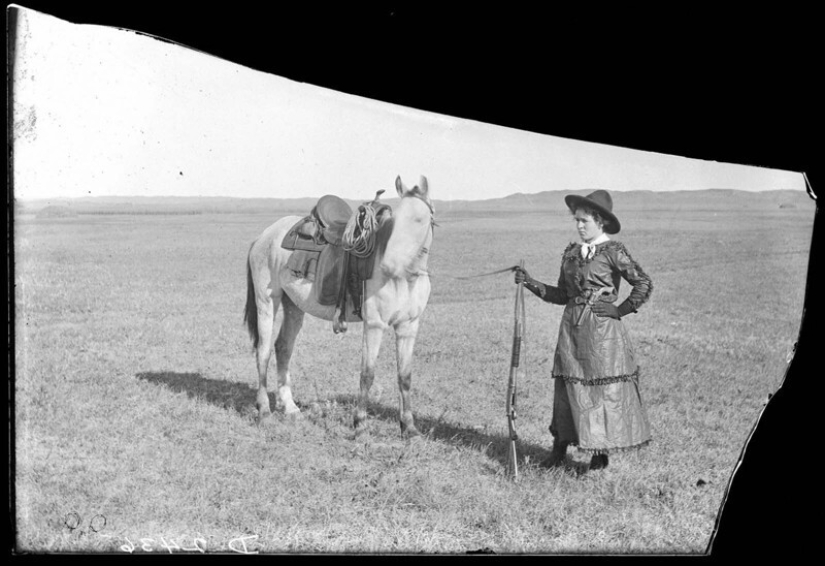
A cargo ship and a small island in the Kara Sea are named after the first Soviet Robinson. Ironically, the piece of land named after the hero is much more adapted to life than the Beluga Whale on which the sailor survived. Many people dispute the right of Vavilov to bear the title of the first Robinson, since there were plenty of situations when people found themselves far from civilization, in extreme conditions.
Most often remember the feat of the crew of the icebreaker "Chelyuskin", lost in the ice. On February 13, 1934, the ship was wrecked and the sailors spent two months on an ice floe in the open sea. But the fact is that it was a whole team that managed to save from the ship an impressive supply of food, warm clothes and even construction materials, from which the sailors built themselves barracks. Their feat is worthy of respect, but it is impossible to compare it with a single survival on the island with a box of biscuits and a gun.
Even less like the heroes of the novel by Daniel Defoe, the four Papanin polar explorers from the North Pole-1 station, who drifted on an ice floe for a whole year. It was a carefully prepared expedition that had everything necessary for life in harsh conditions and had radio communication with the mainland.

But in the Russian Empire, cases similar to Vavilov's robinsonade happened. The most famous of them can be considered the story of the hussar Sergei Lisitsyn, for violating the discipline of the captain of the ship landed on the deserted coast of the Sea of Okhotsk. Interestingly, the real history of the Russian Robinson was recorded for posterity in 1857 by the same writer and traveler Alexander Sibiryakov, after whom the icebreaker Pavel Vavilov was named.
Keywords: History | USSR | Icebreaker | Far north | Robinson | Great Patriotic War
Post News ArticleRecent articles

It's high time to admit that this whole hipster idea has gone too far. The concept has become so popular that even restaurants have ...

There is a perception that people only use 10% of their brain potential. But the heroes of our review, apparently, found a way to ...
Related articles
In the days when about the Internet, no one even could not think, and foreign fashion magazines were terribly deficient, for Soviet ...

In the fall of 1972, Bill Yates traveled through the countryside in the vicinity of Tampa, Florida. At that time, he was studying ...

What do you associate the New year? Tangerines, chime, silver rain on the tree, gifts from Santa Claus and snow Maiden, and of ...

New Year's is a time to surprise and delight loved ones not only with gifts but also with a unique presentation of the holiday ...